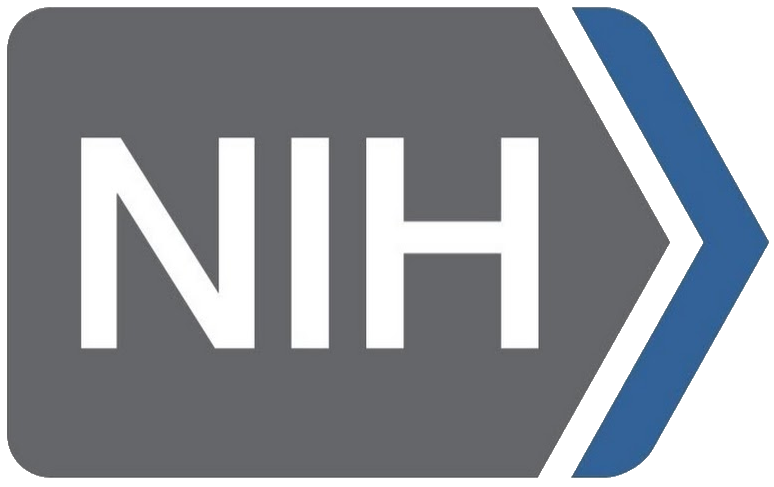
Proteomics Pioneers


Work in the Yates lab is focused on the development of innovative mass spectrometric methods and technologies to improve the sensitivity, resolution, accuracy and speed of proteomic investigations.
Our lab employs a wide array of proteomic workflows and computational tools to analyze complex biological systems. By combining mass spectrometry with techniques such as affinity purification and cross-linking, the Yates Laboratory aims to elucidate dynamic protein interactions and the complex networks they form within cells.
We also work to develop quantitative mass spectrometry approaches to investigate protein expression levels, post-translational modifications, and how they vary in response to factors like disease, drug treatment, or environmental changes.






